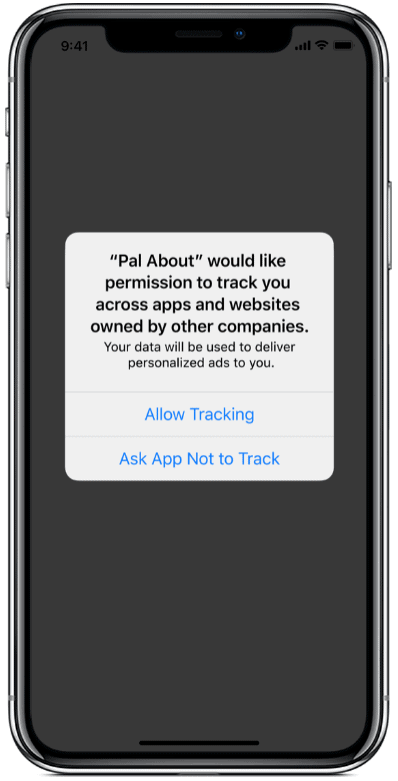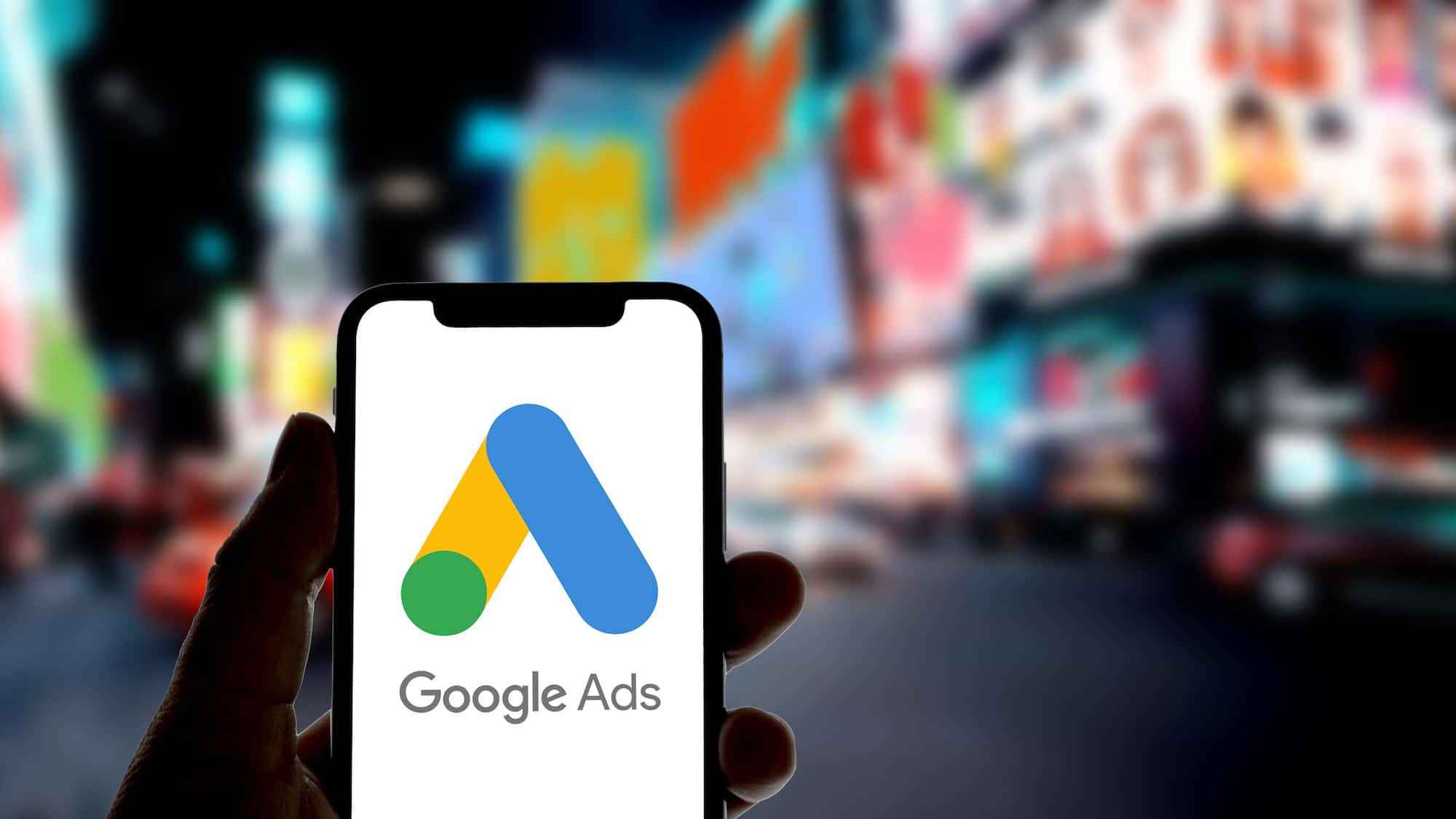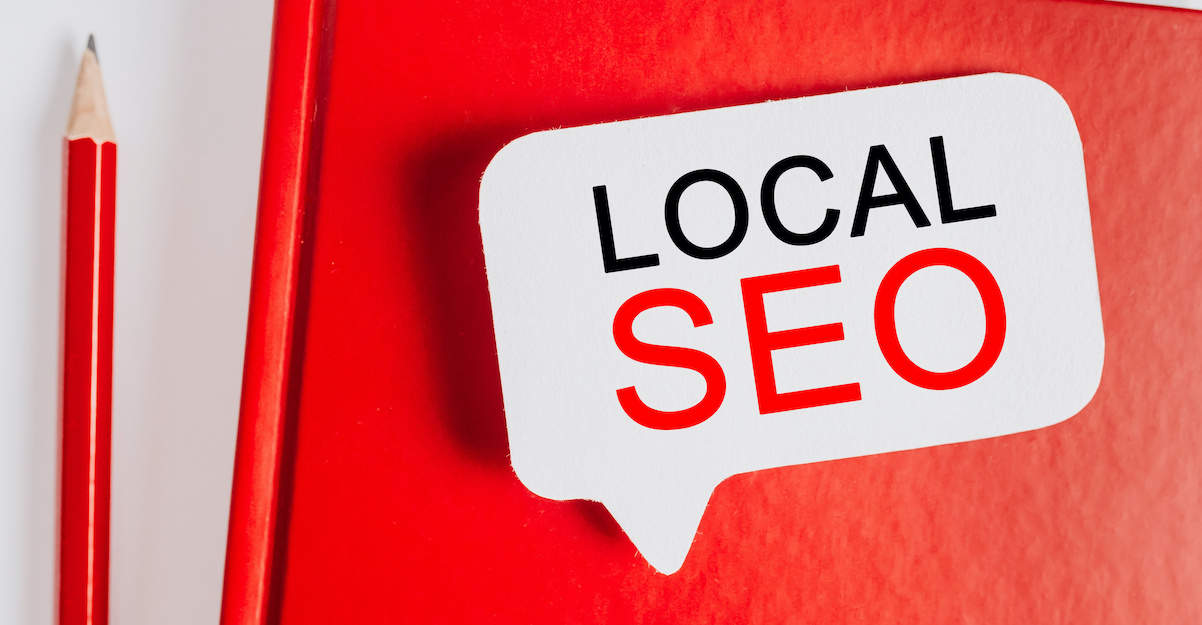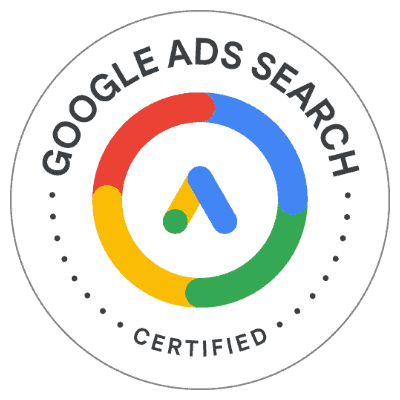There is a lot of buzz online right now about Apple’s IOS 14 privacy updates and the impact on Facebook Ads. Facebook has even started ad campaigns to alert business owners of these changes and to speak up against Apple’s latest updates. However, the reality is that the true impact is unknown and probably won’t be known for several months. There will be some impact and people will need to adapt, but in reality, digital marketing is constantly evolving and this is just another evolution that business owners and digital marketing agencies need to adapt to. In my opinion, it’s not the dramatic overall shift that Facebook is making it out to be, Facebook is just upset because it will cause a revenue hit to the huge social giant as businesses pivot or get concerned about performance. In this post, I will discuss what we do know, some strategies to adapt, and what is still unknown.
What We Do Know About IOS 14 Updates and Facebook Ads

IOS 14 Opt-In Preview
With its latest updates, Apple is putting privacy and data capture at the forefront of user interaction. Apple is requiring app developers to provide full transparency on exactly what data apps are capturing from users and exactly how they are using it. This may come as a surprise from a digital marketer, but I actually feel this is a good thing in regaining user trust and the longevity of online platforms. Privacy disclosure alone though is not what the biggest buzz is about. The biggest concern Facebook has is the fact that now app users will have to “opt-in” to allowing tracking while using the app, instead of the historical “opt-out” approach that Facebook and most other online apps have used historically (and that many times users don’t even know how to find). If users choose to “opt-out” that will limit the data that Facebook Ads can use to optimize the delivery of ads and also limit the reporting ability of conversions as a result of ads. This limitation will make ad tracking and targeting more difficult within Facebook’s ads platform, but not impossible – and we will discuss that a bit later. With all these changes though I think it’s important that we put some of these impacts in perspective:
- This impacts only IOS users on mobile and tablet. Currently, Apple IOS holds about 40-45% of the smartphone market share in the US. While this is not a small percentage, it is not the majority and so we are not talking about every online mobile user.
- As of now, this won’t impact the tracking of desktop users and their interaction with the Facebook pixel that is used for capturing all this data.
- This will limit the number of conversion types Facebook Ad accounts can track to no more than 8. But for a large majority of small to medium businesses, this is more than sufficient.
- This will limit the number of targeted ads you will see on Facebook’s Audience Network of apps and their effectiveness. However, of the placements statistically, we see this as the lowest-performing.
- This will negatively impact App Developers and their ability to monetize their apps.
I don’t mean to downplay the impact, however, I think with all changes it’s important to put things in perspective and truly understand the updates before making drastic shifts in strategy. Facebook is putting a lot of effort to put these changes front and center, but I think that is primarily because even a small drop off worldwide for a large business can be substantial for them (so I don’t blame them). But knowing Facebook and how they constantly adapt, I won’t be surprised to see further updates coming to work around these changes.
In some ways, there may be an indirect improvement to Facebook Ad performance. People “opting in” to allow tracking are probably more likely to engage with your ad content. In addition, because these updates will scare away some businesses, bidding on ads and the cost of ads might actually drop. While these aren’t known facts, they are possibilities that could be positive in this overall update scenario.
Some Strategies To Adapt
As mentioned above, as a Digital Marketing agency owner, one thing (of many) that I have learned is that you must always be adapting and prepared for changes. In reality, the data breach and information sharing inquiries into Facebook in the summer of 2019 were just a preview of sweeping changes that were to come. The broad-ranging interest targeting and data availability have been reducing on Facebook ever since then, so to me, this is not a surprise, rather just a step that was sure to come at some point. Here are a couple of simple strategies to adapt:
- Use Google Analytics or other third-party tracking software systems, URL tracking, and goal/conversion tracking to review performance and optimize your ads. Yes, this makes optimizing your ads more difficult, but it gives you tools to still use Facebook/Instagram ads and measure effectiveness overall if you can’t within the Facebook ads reporting themselves.
- Identify the most important conversion events you want to see on your site, and limit them to 8 or less. If you have more than 8 events then you will have to prioritize because Facebook will turn off any ad sets running with event optimization beyond those eight.
- Leverage your email list for targeting. Your opted-in email subscribers or customer lists are a great tool that many businesses don’t leverage when building Facebook/Instagram campaigns. If your audience data is being limited by these latest updates, focus on capturing emails, and use those emails to build your target audiences and lookalike audiences rather than just falling back to broader audience assumptions.
- Diversify your digital marketing strategy. If you don’t have Search Engine Optimization (SEO), Pay Per Click (PPC), content marketing, or email marketing as part of your digital marketing strategy, now would be the time to start to consider and test some of these other strategies.
The Unknown
The reality is many people are scared of the unknown, but that is the reality of where things stand with these updates – we just don’t and won’t know the full impact for several months. We won’t know how many people “opt-out” vs “opt-in” (or even read it before clicking), we don’t know how this will truly impact overall conversion tracking, we don’t know how this will impact bidding and competition on Facebook/Instagram ads. However, nothing will be more telling than reporting and analytics. It’s important as a business owner that you are aware of the metrics and reporting of your ads as more than just numbers on a pdf or print out. Watch your metrics closely to see where things might be under-performing and talk to your ads manager about the potential of these impacts both short term and long term.
If you would like a free, no-obligation consultation on how these changes might impact your digital strategy, don’t hesitate to contact us today.
Rob Dietz
President
Dietz Group








